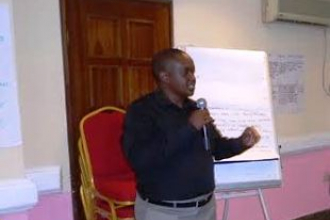Household Energy Conservation in Kenya: Estimating the Drivers and Possible Savings
This paper uses the National Energy Survey Data for Kenya 2009 to investigate the main determinants of household energy conservation and savings, exploiting discrete choice and Tobit models. It estimatea conservation models for five household fuels—fuel wood, charcoal, kerosene, LPG, and electricity—and generates information to predict not only the odds for household energy conservation but also the levels of possible savings.




